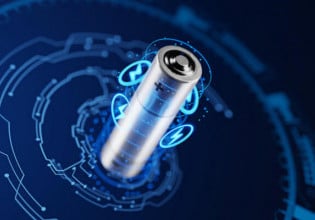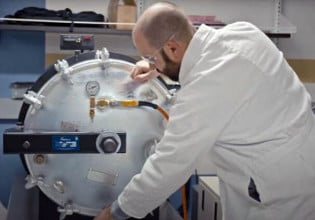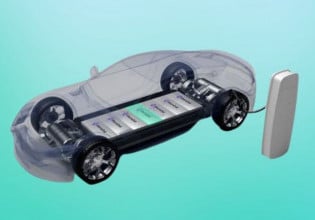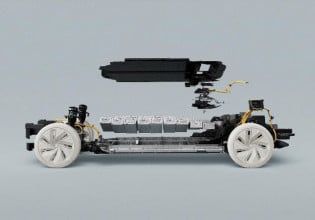VACUUMSCHMELZE Reduces Need for Rare Earth Elements in Synchronous Motors
VACUUMSCHMELZE GmbH & Co. KG announced two new neodymium-iron-boron (NdFeB) alloys that are completely free from the heavy rare earth element, dysprosium. Grades 238 and 247 from the new 2xx range in the VACODYM® family feature coercivity exceeding 1270 and 1430 kA/m respectively and are suitable for use in normal synchronous motors at operating temperatures of up to 140 degrees Celsius. Because the new alloys are free from dysprosium, permanent magnets made using these materials are up to 20 per cent lower in price (at current price levels of raw materials).
Dysprosium is added to alloys to improve their temperature stability and is regarded as a classic method of boosting coercivity. Now VAC has developed a process by which the proportion of dysprosium can be dramatically reduced without requiring the relatively complex procedure of dysprosium diffusion. The new VACODYM alloy also features a significantly lower proportion of terbium, an additional heavy rare earth metal.
The main properties of the new VACODYM alloys are equal to, or better than, those offered by VACODYM permanent magnets already available on the market. Their production method is also identical to that of other alloys. VACODYM 238 and VACODYM 247 are therefore not a new class of alloy, but simply a dysprosium-free version. VAC developed these new products in response to soaring prices for rare earth elements over the past two to three years.
Applications for the new VACODYM permanent magnets are primarily synchronous motors with operating temperatures of up to 140 degrees Celsius, such as actuators or power steering motors. The attractively priced magnets from Hanau have already found their first customers in the automotive industry.






